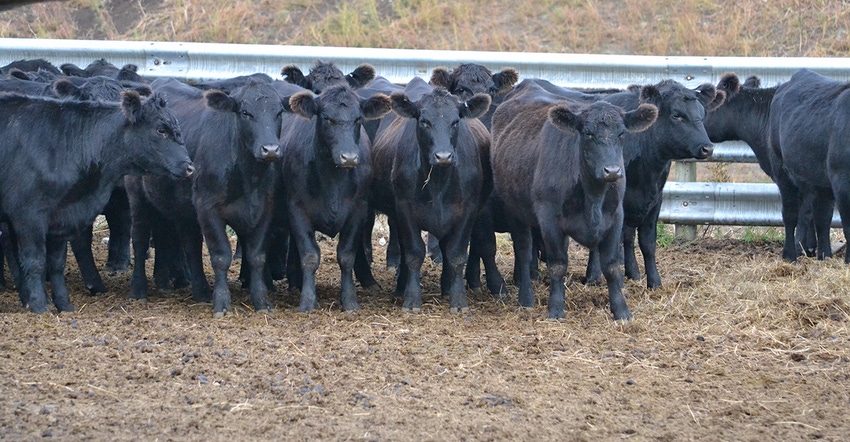June 19, 2018

What management steps can be taken to improve reproductive efficiency in heifers and cows? This is a question that South Dakota State University associate professor and Extension beef reproductive specialist George Perry is continuously seeking answers to. Perry has long been an advocate that even small gains of 5% to 10% in reproductive efficiency can translate to more calves born — and more profit potential.
Most recently, Perry and his colleagues have been evaluating the effect of vaccinations against infectious diseases, specifically BVD and IBR, and the resulting impact on reproductive efficiency.
Many current management protocols have suggested that inactivated (killed) and modified live vaccines can both be safely administered to replacement females 30 days prior to the start of the breeding season and as an annual booster to cows. And, conventional wisdom has suggested the modified live vaccine actually provided better immunity protection.
But Perry reports that a review of several reproduction studies suggests administration of the modified live vaccinate, even when given at labeled pre-breeding intervals, may negatively affect reproductive parameters compared to cattle vaccinated with inactivated vaccines. Additionally, research indicates the modified live vaccine ate does not appear to offer superior immunity protection, he says.
Perry presented his findings at the 2017 Range Beef Cow symposium.
The modified live vaccine may be impacting development of the egg as it is grown by the follicle in the 90-day period prior to ovulation and fertilization, he says.
"Right now I can’t tell you what’s causing those negative effects. We have studies trying to identify that."
Perry advises producers to use an inactivated or killed vaccine for replacement females pre-breeding and for cows. A modified live vaccine is best administered to calves at weaning.
Talk to your herd veterinarian before making changes to vaccination products or timing, Perry advises.
"Prevention needs differ among herds and depend on the virus loads that herds are exposed to."
Also, none of the data from the pre-breeding studies he reviewed were carried out in the face of disease challenge and did not address the question of protection in the face of an infectious reproductive disease exposure.
Gordon is a writer from Whitewood, S.D.
About the Author(s)
You May Also Like






